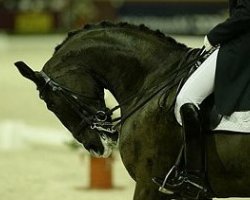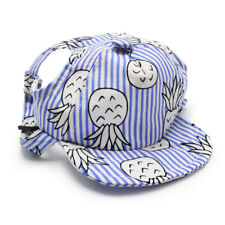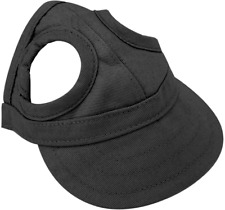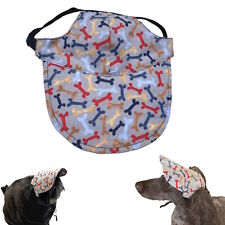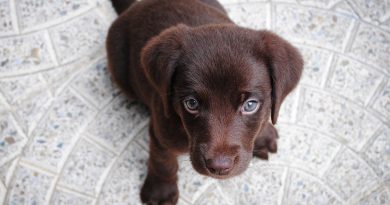International Equestrian Federation Aims to End Aggressive Riding Practice
The Federation Equestre Internationale (FEI) has held a round-table conference at the International Olympic Committee (IOC) headquarters in Lausanne to discuss the use of aggressive force to achieve specific head and neck positions in horses. Specifically, "Rollkur" or hyperflexion of the horse’s neck, has caused controversy in equestrian circles for some years, and there is even a threat to boycott the London 2012 Olympics if the practice is not ended.
Rollkur is in fact already banned, but the technique is still used by dressage and show-jumping riders. The FEI moved to ban the use of Rollkur after a video appeared to show use of the technique resulting in a horse’s tongue turning blue during a warm-up at a competition in Denmark. And, while recognizing the distinction between Rollkur and "the riding of the horse in a deep outline not achieved by force", the FEI is keen to rid equestrian sports of the technique. The FEI discussion group redefined Rollkur as "flexion of the horse’s neck achieved through aggressive force", which will mean the technique is therefore unacceptable. The technique known as Low, Deep and Round (LDR), which achieves flexion without undue force, will still be acceptable.
The group unanimously agreed that any form of aggressive riding must be sanctioned. The FEI will establish a working group, headed by Dressage Committee Chair Frank Kemperman, to expand the current guidelines for stewards to facilitate the implementation of this policy. The FEI Management is currently studying a range of additional measures, including the use of closed circuit television for warm-up arenas at selected shows.
